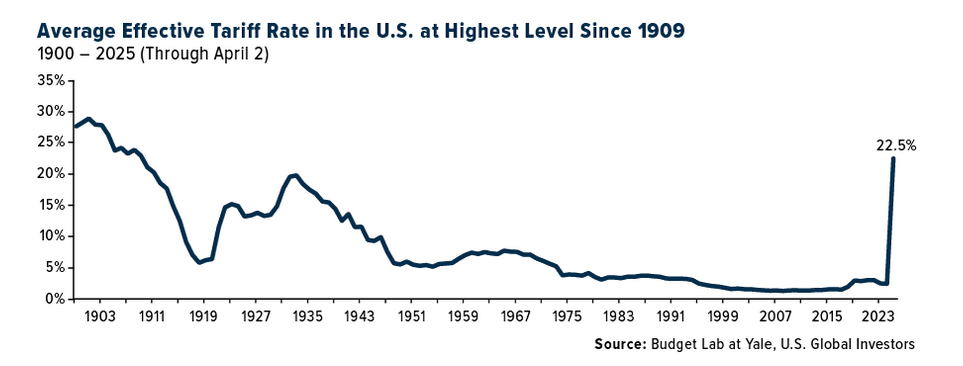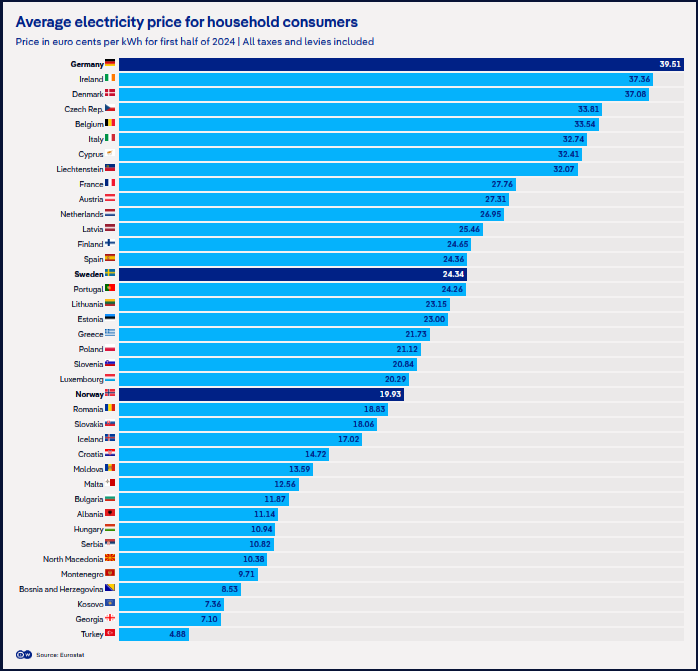Overdraft fees charged by banks in the U.S. is another example of Gotcha Capitalism, a term coined by MSNBC’s Bob Sullivan who also wrote a book by the same name. The book shows how big businesses rip off billions of dollars from U.S. consumers in the form of hidden fees. Overdraft fees is an example of Gotcha Capitalism since consumers can be hit with fees as high as $39 when they over withdraw their account usually by just a few dollars such as $2 or $5.
Today’s journal has a story on new rules on bank overdraft programs. In Fed Curtails Banks’ Scope To Charge for Overdrafts, the article states:
“The Federal Reserve imposed rules Thursday making it harder for banks to hit customers with fees for overdrawing their accounts, in the latest government crackdown that could curtail a major revenue stream for financial firms.
The Fed’s policy requires customers to opt in to “overdraft protection” programs, meaning they would have to agree to pay a fee any time they overdraw their accounts at automated-teller machines or using a debit card. If they don’t agree, any effort to withdraw money would likely be rejected if it overdrew the account. Currently, banks can honor a withdrawal and levy a fee on the customer for becoming overdrawn.”
This new rule is too little too late for many consumers since many of the other strict regulations proposed were watered down or ignored completely. An example is how many times a consumer can be charged overdraft fees when they over-withdraw their account in a single day. According to the Fed, banks rake in between $25 billion and $38 billion in overdraft fees each year. For many banks, overdraft programs and service charges are huge money generators quarter after quarter. For the big four – Bank of America (BAC), Citibank (C), Wells Fargo (WFC) and JPMorgan Chase(JPM) – overdraft program fees are a significant portion of their non-interest income.
Last month the Center for Responsible Lending released a report titled Overdraft Explosion: Bank fees for overdrafts increase 35% in two years.The following are some of the key takeaways from this report:
“Finding 1: Over 50 million Americans overdrew their checking account at least once over a 12-month period, with 27 million account holders incurring five or more overdraft
or non-sufficient funds (NSF) fees.
Finding 2: Banks and credit unions collected nearly $24 billion in overdraft fees in 2008.
Finding 3: Overdraft fee income for banks and credit unions rose 35 percent from
2006 to 2008. ”
For U.S. banks, overdraft fee income is projected to increase this year as the chart shows below:
Source: Overdraft Explosion: Bank fees for overdrafts increase 35% in two years, Center for Responsible Lending
The study found that in 2008 consumers borrowed $21.3 B in short-term credit via overdrafts and were obligated to repay $45B.



